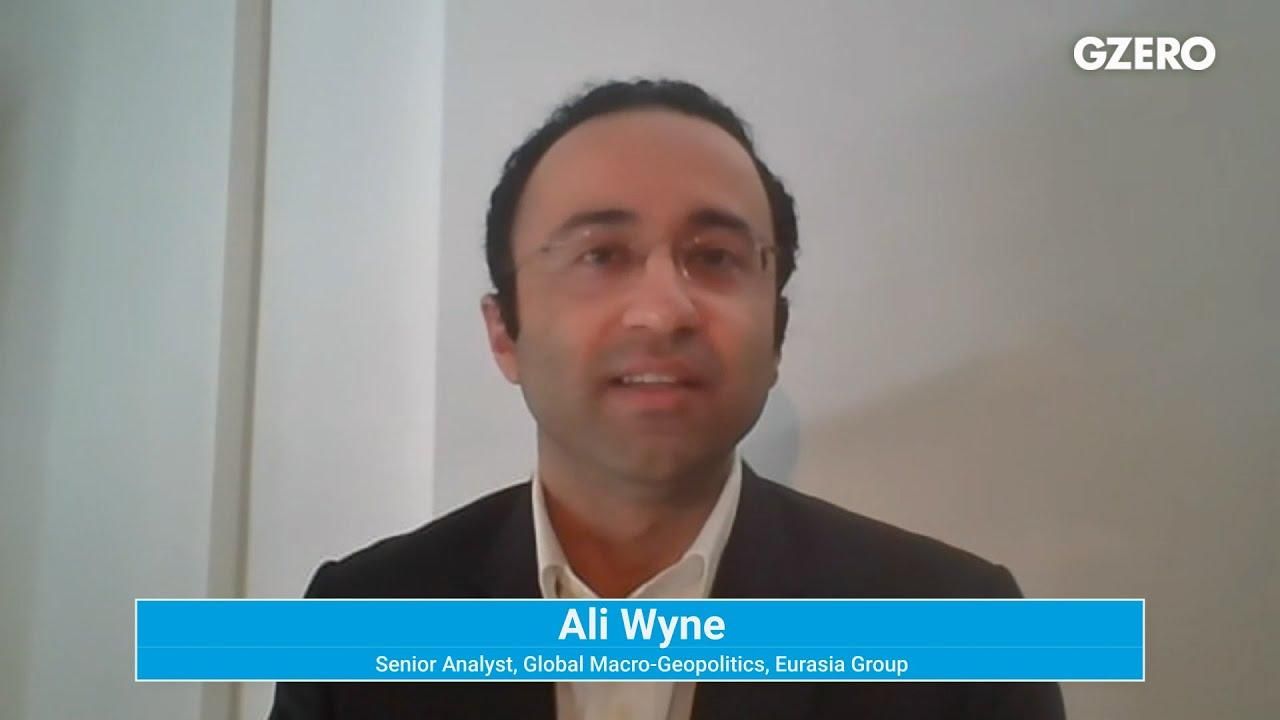Closing the Gap
Political unrest when governments fail struggling citizens

Political Unrest When Governments Fail Struggling Citizens | Economic Empowerment | GZERO Media

What happens when 1.4 billion people are cut off from the global economy because they don't have a bank account at a time of mounting crises?
"The geopolitical ramifications are potentially huge," Ali Wyne, senior analyst for Global Macro-Geopolitics at Eurasia Group, says during a livestream conversation on closing the global digital gap hosted by GZERO in partnership with Visa.
First, it was COVID. Then came the twin blows of the food and energy crises, aggravated by Russia's war in Ukraine. When people are struggling, Wyne adds, they'll look to their governments for solutions.
"And if they feel that they're not getting satisfactory answers," he warns, "we can't understate the potential for significant political unrest."
Walmart is investing $350 billion in US manufacturing. Over two-thirds of the products Walmart buys are made, grown, or assembled in America, like healthy dried fruit from The Ugly Co. The sustainable fruit is sourced directly from fourth-generation farmers in Farmersville, California, and delivered to your neighborhood Walmart shelves. Discover how Walmart's investment is supporting communities and fueling jobs across the nation.
President Trump’s second term has rapidly reshaped global politics, with the US wielding power more aggressively, targeting weaker countries and even allies, Stephen Walt explains on GZERO World.
Ian Bremmer breaks down a sudden and serious transatlantic crisis: President Trump’s insistence that the United States must have sovereignty over Greenland.
It’s been a year since President Trump returned to office. How has the world changed? Stephen Walt joins Ian Bremmer on GZERO World.